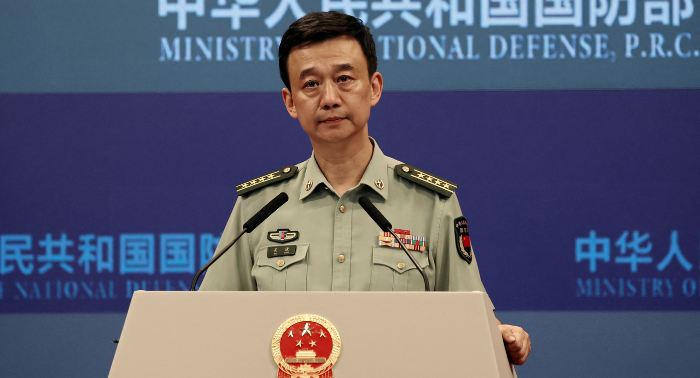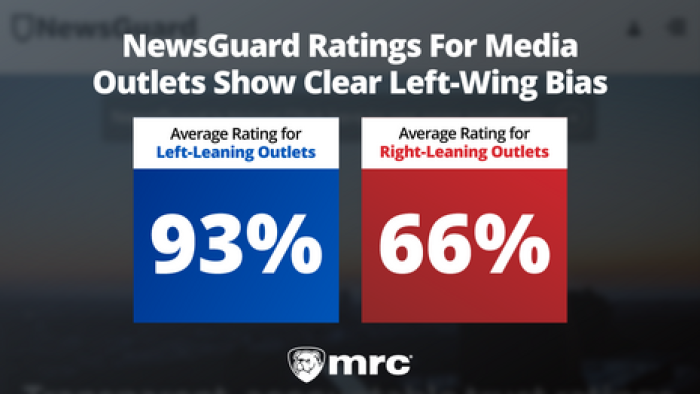China’s defense ministry has accused Taiwan’s government of deliberately exaggerating a military threat from China to gain electoral advantage in the upcoming presidential and parliamentary elections scheduled for January 13. The election outcome will significantly impact Taiwan’s relationship with Beijing, as China has been increasing military pressure in an attempt to assert its sovereignty claims over the island.
In the run-up to the election, Taiwan has reported the presence of Chinese fighter jets and warships in the vicinity of the island, along with balloons crossing the sensitive Taiwan Strait, although the Taiwanese military suggests these may be related to weather monitoring.
During a monthly news conference in Beijing, Chinese defense ministry spokesperson Wu Qian placed the blame on Taiwan’s government for escalating tensions. Wu accused the ruling party in Taiwan, the Democratic Progressive Party (DPP), of deliberately amplifying the “military threat from the mainland” and inflating the existing tensions, which Beijing views as separatist actions. He stated that these actions were solely driven by electoral motives and accused Taiwan of following a well-known playbook to create confrontations and manipulate the election.
Shortly after Wu’s statements, Taiwan’s defense ministry reported additional Chinese military activities in the Taiwan Strait. According to the ministry, 12 military aircraft, including J-11 and Su-30 fighters, entered airspace either near or across the median line that previously unofficially separated the two sides. The ministry also noted that these aircraft cooperated with communist ships in carrying out joint combat readiness patrols.
Wu reiterated China’s refusal to recognize the median line, asserting that Taiwan is an integral part of China and, therefore, the “median line” is nonexistent.
China has consistently maintained the option to use force to achieve reunification with Taiwan and passed a law in 2005 that provides a legal basis for military action against Taiwan if it attempts formal secession or appears on the verge of doing so.
China has expressed strong opposition to Taiwan’s ruling party’s presidential candidate, Vice President Lai Ching-te, viewing him as a separatist. It has also rejected his calls for dialogue.
While Taiwan’s defense ministry reported no signs of significant Chinese military activity preceding the elections, it continues to closely monitor China’s actions.
Wu emphasized that China’s People’s Liberation Army is closely monitoring Taiwan’s military movements and affirmed China’s commitment to defending its national sovereignty and territorial integrity.
In recent weeks, Taiwan has observed a series of Chinese balloons drifting across the Taiwan Strait, which were suspected to be involved in weather monitoring. However, Wu declined to comment on these balloons.
China has strongly opposed U.S. arms sales to Taiwan and called for other countries to refrain from engaging in official and military relations with Taiwan, considering such actions as a dangerous gamble.




